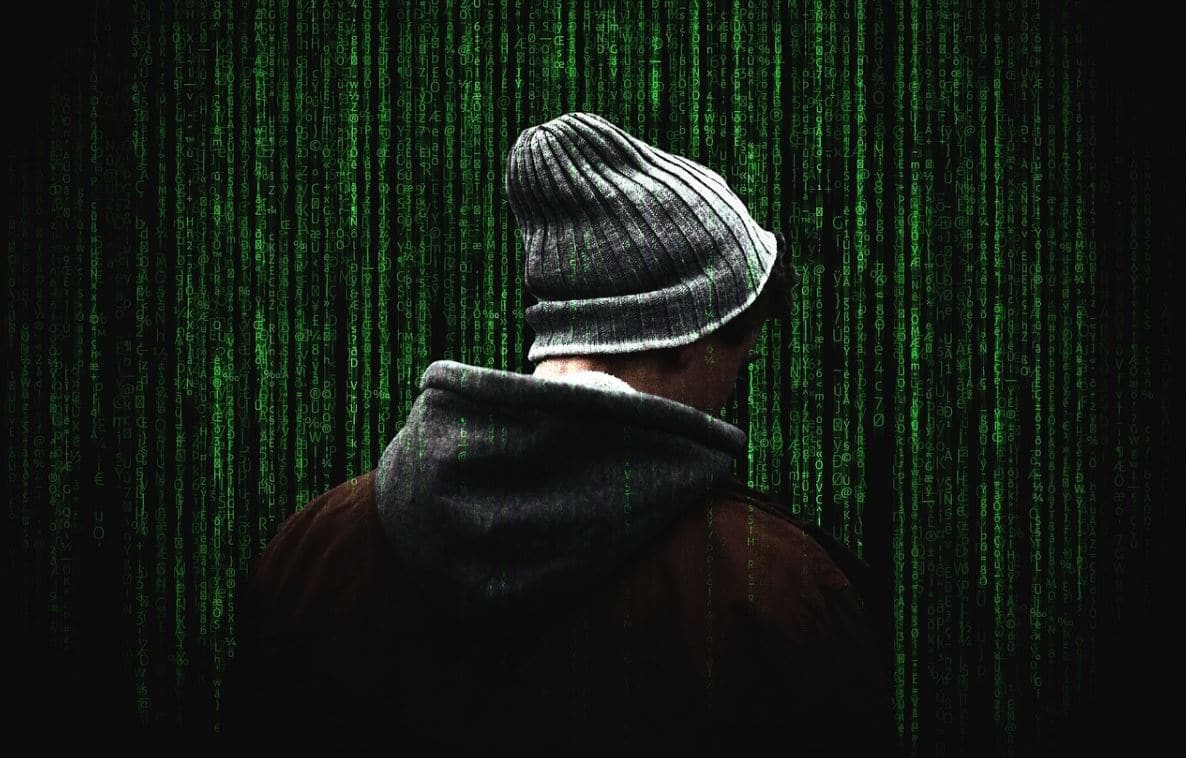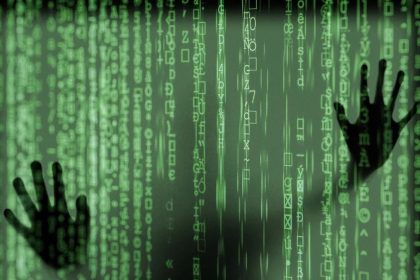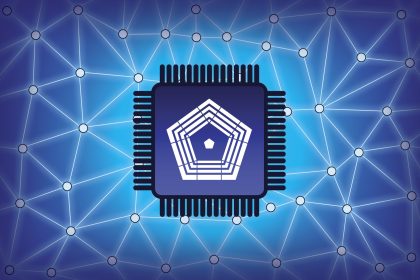FEC Rules Campaigns Can Get Discounts on Cybersecurity

WASHINGTON – The Federal Election Commission ruled Thursday that federal candidates and political committees can accept low-cost cybersecurity services from a Silicon Valley security company so long as the firm continues to offer the same rates to its non-political clients.
The firm, Area 1 Security, Inc., first approached the commission in June, requesting permission to offer low-to-no-cost services to political candidates during the 2020 election cycle.
The company was founded in 2013 by a group of former National Security Agency hackers, and it specializes in crawling the web for signs of phishing.
In December, it successfully uncovered a phishing attack on the Ministry of Foreign Affairs in Cyprus that compromised the entire EU’s diplomatic communication network.
In approaching the FEC, the company cited a 2018 ruling by the agency that allowed Microsoft to offer free account security to political candidates.
In Microsoft’s case, it stood the risk of long-term damage to its reputation if its clients were hacked.
But at a hearing on Area 1’s request in June, lawyers for the commission said the company’s request should be rejected on the grounds that it would be violating campaign finance laws that prohibit corporations from offering free or discounted services to federal candidates.
The same law also prevents political parties from offering candidates cybersecurity assistance because it is considered an “in-kind donation.”
The attorneys dropped their opposition after learning Area 1 would simply be offering the same low-cost services to candidates as it does to its regular clients.
In its ruling, technically an “advisory opinion,” the commission stated that Area 1 could charge candidates a fixed fee of $1,337 for its phishing services, “because doing so would be in the ordinary course of Area 1’s business and on terms and conditions that apply to similarly situated non-political clients.”
As a result, wrote commission chair Ellen Weintraub, “the commission concludes that the proposal would not result in prohibited in-kind contributions and thus is permissible.”
She did note, however, that any change in the material facts on which the opinion was based, would effectively render it null and void.
She also said the conclusions in the advisory opinion could be affected by subsequent developments in the law including, but not limited to, statutes, regulations, advisory opinions, and case law.
In June, House Democrats passed sweeping legislation that would require voting systems to use backup paper ballots in federal contests, while also banning voting machines from being connected to the internet and being produced in foreign countries.
In addition the Securing America’s Federal Elections Act, introduced by Representative Zoe Lofgren, D-Calif., authorized $600 million for the Election Assistance Commission, which would be allocated to states to enhance their security ahead of 2020, and $175 million that would be provided biannually for “sustainment” funds intended to maintain election infrastructure.
The House voted 225-184 in favor of the bill, with only one Republican, Florida Representative Brian Mast, voting for the measure.
To date, Senate Majority Leader Mitch McConnell has declined to bring it — or any other election security bill to the Senate floor.























